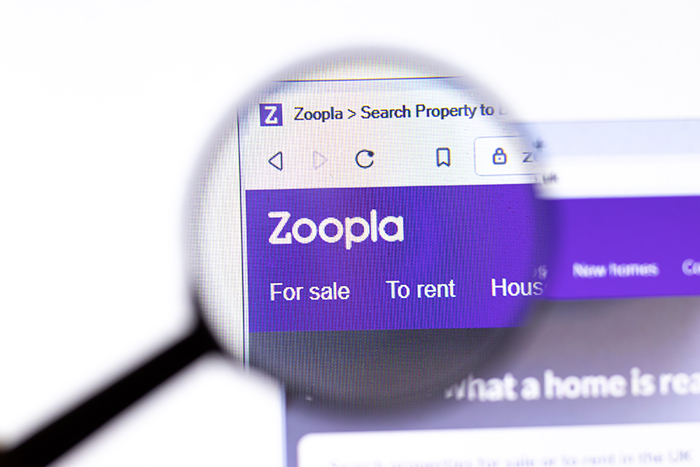
House price growth has continued to slow, down from 1.9% in December 2024 to 1.4% in August, Zoopla’s latest house price index reveals.
It found the average UK home is now worth £271,000, an increase of £4,350 over the last year.
However, the index shows that pre-Budget tax speculation is impacting market activity after demand for properties over £500,000 dropped by 4% with a 7% reduction in new listings over the last five weeks.
There has also been an impact on houses over £1m, as demand fell by 11%, while new listings are down by 9%.
House prices are rising fastest in the most affordable areas, 2.8% higher in markets with average prices below £200,000 with static prices in markets over £500,000.
In addition, it found that house prices are rising by over 4% in five postal areas including Kirkcaldy, Motherwell and Tweeddale in Scotland, Oldham in the North West and Llandrindod Wells in Wales.
Prices continue to register annual falls of 1% across southern England led by second home hotspots such as Bournemouth, Truro, Exeter and Torquay, alongside parts of central London.
It says that council tax changes for second homeowners are seeing more homes listed for sale in areas that have a high concentration of second homes which is impacting house price inflation.
Zoopla executive director Richard Donnell says: “The housing market has experienced a sustained increase in market activity over the last 18 months as mortgage rates have stabilised. The market is on track for the most sales since 2022, but without rapid house price inflation.”
“Pre Budget speculation over possible tax change is a regular occurrence but this summer it has been bigger than usual which has led some buyers and sellers to delay home moving decisions for homes priced over £500,000. The wider market remains largely unaffected.”
“Serious buyers should think twice before delaying as while the Budget is two months away it takes, on average, six to seven months to find a property and complete a sale.”
Meanwhile, Propertymark chief executive Nathan Emerson comments: “A slowing in house price growth will be welcome news for those serious about moving home, especially first-time buyers. However, there are underlying factors affecting affordability and confidence, such as economic uncertainty and inflation, making people cautious about their finances, and stagnating income and wage growth.”
“Recent changes to Stamp Duty across England and Northern Ireland have also reduced buyer affordability, and rumours of further alterations are bound to create some uncertainty.”
“For some, however, especially current homeowners, a slow tapering in interest rates has allowed lenders to introduce more competitive mortgage products and has decreased the monthly cost for those with variable or tracker mortgages, allowing them to refinance to lower rates.”
“We now look to the Bank of England’s next interest rate announcement in November and hope to see positive introductions through the UK Government’s Budget that will help ease affordability pressures for buyers looking to step onto or move up and down the housing ladder.”
Also, Finova business development director Hamza Behzad adds: “Today’s data may reflect a slight fall in overall growth, but the market itself is still in a strong position. A trio of successive base rate cuts have led to lenders pricing in future cuts, lowering mortgage rates and boosting competition.”
“Another factor is The Renter’s Rights Bill – as rental yields decline, many landlords may choose to sell up, adding new stock to an oversubscribed market and lowering prices in kind.”
“However, mortgage rates are still higher than the pre-pandemic market, stretching already strained household budgets. As a result, many cautious buyers are holding back in anticipation of potential tax or relief changes.”
“All eyes are now on the upcoming Autumn Budget, which is tipped to include a significant shake-up of Stamp Duty rules. Now is the time for lenders and brokers to focus on offering tailored solutions that support buyers and improve financial inclusion.”
“Innovative products – such as offset mortgages and joint ownership – and more tailored pricing may provide a pathway for previously underserved groups to take their first step onto the property ladder.”
Former RICS resident chairman Jeremy Leaf states: “Yet another housing market survey hot-on-the-heels of others recently confirming property prices are softening.”
“In our offices, we’re hearing time and again how concerns about possible tax increases in the Budget – particularly for high-end homes – are prompting buyers and sellers to ‘sit on their hands’, though our existing sales are certainly not collapsing.”
“Demand remains relatively healthy for more affordable homes but is slowing in parts of the market which were already under performing.”



